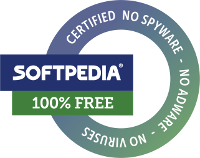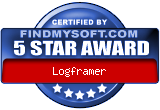Logical framework methods
The logical framework is used in a number of different approaches that were developped over time. As the limitations and weaknesses of these approaches became apparent during their use in numerous projects, new and improved methods were developped. At each step, new ideas, concepts, tools, etc. were included to deal with the problems of the past.
If you follow the links below, you'll find a detailed description of each of these logical framework methods.
- The logical framework: the basic logic framework as a tool to plan projects, based on the notion of the intervention logic of project logic.
- The logical framework aproach (LFA): a method to develop your logical framework in a participatory way.
- Project Cycle Management (PCM): this approach integrates LFA for project design, but integrates it in a total project lifecycle. This lifecycle makes the link with the organisation's strategic framework and puts a lot of emphasis on learning.
- Results Based Management (RBM): RBM wants to make a shift from managing resources and activities to managing results. It copies many ideas from PCM, but also provides many additional practical tools. RBM advocates a participatory approach in every step of the project: not just during the design phase but also during the implementation (monitoring) and evaluation. Risk management is also an important focus in this approach.
English





Add new comment